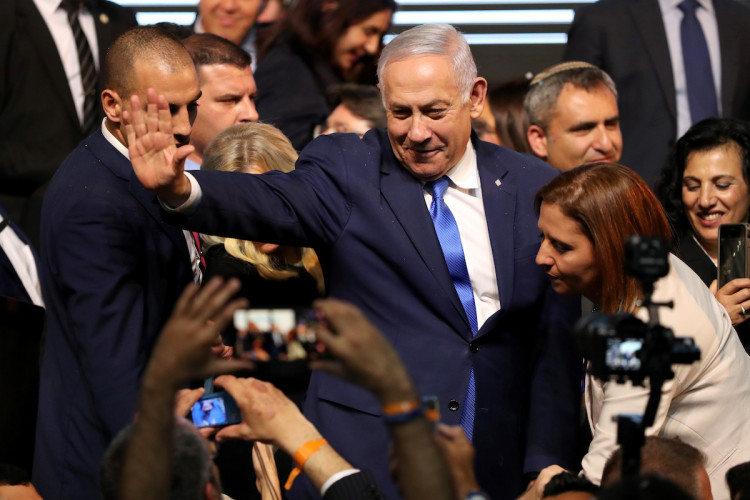In the escalating conflict in Gaza, Israeli ground forces have intensified their engagement near the region's largest medical facility, Shifa Hospital, amidst growing concerns over the humanitarian crisis. The situation has become increasingly dire as thousands of hospital staff, patients, and displaced individuals find themselves trapped without electricity, essential supplies, and facing active combat situations.
Israeli Prime Minister Benjamin Netanyahu, addressing the deepening crisis, has firmly rejected the rising international calls for a ceasefire, tying the cessation of hostilities to the unconditional release of nearly 240 hostages taken by Hamas in the attacks that commenced the war on October 7. This stance has drawn widespread criticism and concern from the global community.
The situation at Shifa Hospital is particularly alarming. Ahmed al-Boursh, a resident sheltering within the hospital, conveyed the terror and uncertainty of the night, as the building lay besieged by the conflict. The Health Ministry reported the tragic loss of life due to the lack of power, including three premature babies. Undersecretary Munir al-Boursh of the Health Ministry also noted Israeli snipers positioned around Shifa, targeting any movement and hindering medical assistance to the wounded.
Netanyahu, in an interview with NBC's "Meet the Press," claimed that Israel had offered fuel to Shifa Hospital but was met with refusal. This statement has not been corroborated by the Health Ministry. The Prime Minister further asserted that Israel had established safe corridors for evacuations, a claim that remains disputed by the Health Ministry and the trapped individuals at the hospital.
The Palestinian Red Crescent has also reported the critical state of another hospital, Al-Quds, now non-operational due to a lack of fuel, further exacerbating the healthcare crisis in Gaza. The situation is aggravated by the fact that Gaza's sole power plant shut down a month ago, and Israel has prohibited any fuel imports, citing military concerns.
The humanitarian impact of the conflict is severe, with over 11,000 Palestinians killed, and approximately 2.3 million people remain trapped in the besieged territory. The war has significantly displaced Gaza's population, with most fleeing southward. Egypt has allowed the exit of some individuals through its Rafah crossing and the entry of limited humanitarian aid.
The U.S., through Secretary of State Antony Blinken, has been actively involved in diplomatic efforts to de-escalate the situation. However, Blinken's attempts to negotiate temporary pauses for aid distribution have met with limited success, as Israel has only consented to brief daily periods for civilian evacuation from combat areas, while continuing to strike across southern Gaza.
As the conflict continues, Netanyahu has begun to outline postwar plans for Gaza, which starkly contrast the U.S. vision of a unified Palestinian government. He has proposed the demilitarization of Gaza, with Israel retaining free entry rights for militant pursuits, and rejected the possibility of the Palestinian Authority controlling Gaza. This approach significantly diverges from the U.S. position on Palestinian statehood and the resolution of the conflict.
The intensification of hostilities and the humanitarian crisis in Gaza highlight the complexity and urgency of the situation, with the international community calling for immediate action to prevent further loss of life and escalation of the conflict.




